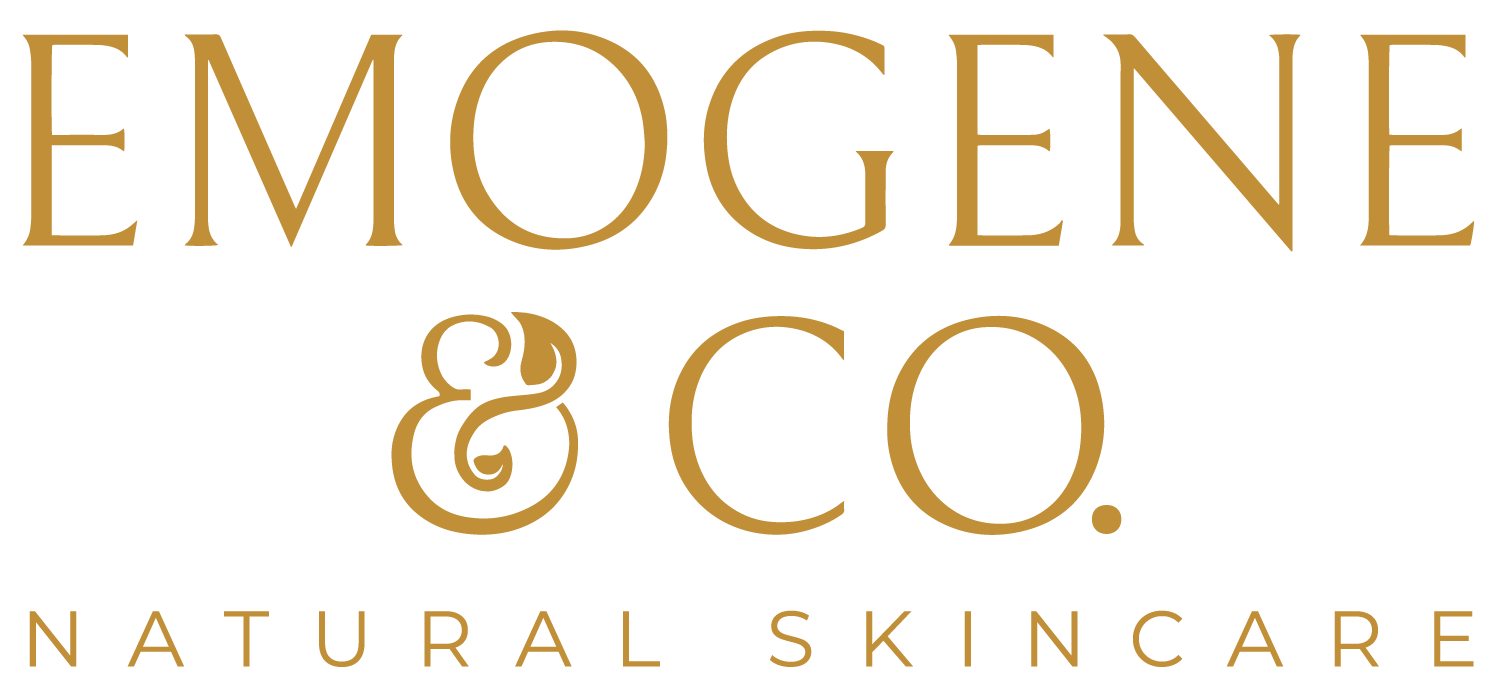In the world of skincare, activated charcoal is the heavy-hitter that pulls impurities, excess oil, and pollution from your pores. But let’s talk about the real game-changer: the type of bentonite clay it’s blended with.
At Emogene & Co., our Local Detox Facial Mask pairs activated charcoal with calcium bentonite clay—not sodium bentonite—because of how they interact with skin impurities at the ionic level.
Charcoal + Clay: How They Work Together
-
Activated charcoal acts like a microscopic sponge, adsorbing oil, dirt, and surface impurities.
-
Bentonite clay, especially the calcium type, contributes a powerful negative charge (cation-exchange capacity) that attracts and binds positively charged particles, such as pollutants, oil residues, and toxins.
Together, they cleanse deeply without stripping your skin’s essential moisture.
Sodium vs. Calcium Bentonite Clay
Why Calcium Bentonite Works Better for Skincare
-
More balanced adsorption: Removes toxins, oil, and debris while minimizing the risk of over‑drying.
-
Higher cation exchange: Draws out positively charged impurities (such as sebum, particulate matter, or buildup) without aggressive swelling.
-
Mineral-rich & soothing: Naturally contains calcium, magnesium, and iron, supporting texture and barrier health.
-
Ideal pH: Slightly acidic to neutral (6.0–8.5), compared to sodium bentonite’s more alkaline range (9.0–10.5), making it gentler on the skin barrier and biochemical balance
Emogene’s Local Detox Facial Mask:
What sets it apart:
-
Uses activated charcoal for deep adsorption
-
Paired with calcium bentonite clay, chosen for its ionic affinity, gentleness, and balanced hydration support
That means:
-
Your skin’s naturally positive-charged impurities are drawn out more precisely.
-
The mask applies smoothly and rinses clean without excessive tightness.
-
It’s suitable for combination, oily, and even sensitive skin types—you detox, not dehydrate.
How to Use It for Optimal Results
-
Mix 1 tsp of powder with your choice of water, honey, or hydrosol.
-
Apply evenly to targeted areas (T-zone, jawline, or full face).
-
Leave on for 8–10 minutes—don’t let it fully dry to avoid overdrying the moisture.
-
Rinse gently and follow immediately with a hydrating serum or facial oil (like Revitalize or Repair) to seal and soothe.
Recommended frequency: 1–2 times per week, depending on skin tolerance and need for detox.
Overall
The difference between sodium and calcium bentonite may sound subtle, but when it comes to skincare, it matters. Calcium bentonite’s ionic profile and mineral-rich properties make it a superior ally for detox masks, offering a balance of effectiveness and calmness, as well as clarifying and hydrating properties.
Emogene & Co.'s Local Detox Facial Mask combines the best of charcoal's adsorption power with calcium bentonite’s gentle cation-exchange properties, providing a balanced, glowing complexion without compromise.




